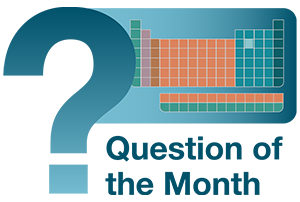
The world of work is changing fast. To produce graduates that have current and relevant job skills desired by top-notch employers, universities need to update ther EE programs and offer courses that provide new graduates with needed job skills. What job skills are the most important? You tell us by voting in our poll below.
